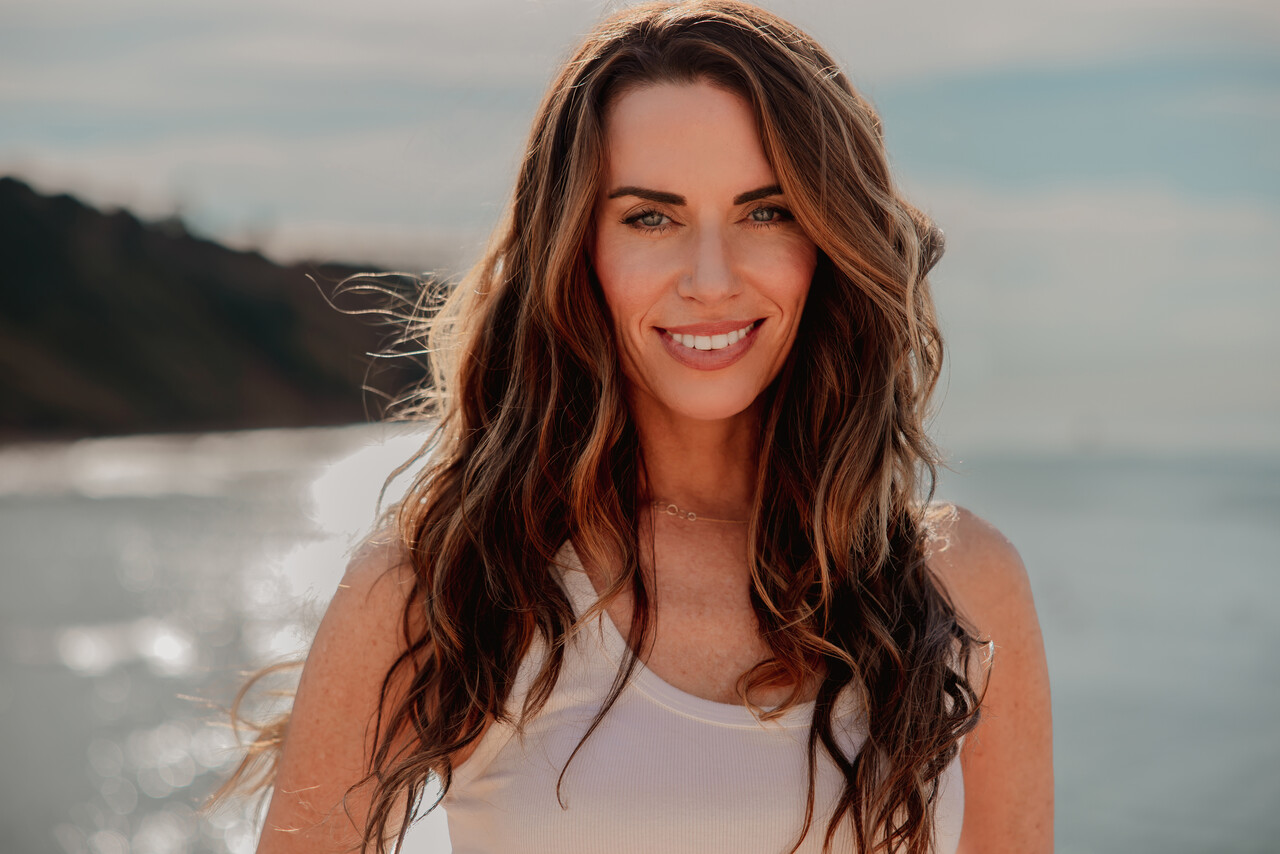Watching my son eat solid food for the first time was one intense exercise in conscious leadership.
The food in question was the magical product known as Cheerios. Ah, that perfect childhood staple. (Also the 2 am adulthood cereal craving staple, but that’s beside the point…)
He tried to get his chubby baby hand in the bowl and immediately all of the Cheerios spilled out, making a cereal mosaic of his high chair tray.
I watched him trying to figure out how to use his hand to pick them up, gazing at his hands and the little round circles of deliciousness intently. But each time he would pick up a Cheerio it would fall out of his hand.
If you’ve ever watched a young child eat you’ll remember that a lot of the time kids don’t realize when food falls out of their hands. So my son kept looking at his hands with this expression of “where the heck is the food?” He’d try again and look.
Rinse and repeat. It was brilliant to watch.
He had a steadfast vision for what he was trying to achieve, despite encountering obstacles to his success. He didn’t waver. He kept trying.
He never went into Victimhood about it and he never freaked out. He was intently focused and wholly in a creative mindset, trying to figure out different approaches until he finally got that first Cheerio into his mouth.
While he was going through this process I had a knee-jerk reaction to help him. Every mom-molecule in my body was saying ‘step in and help him eat Caneel.’
I had to remind myself this was his journey, not mine.
He was learning through the struggle. He was discovering how to eat on his own. And I was learning how to let go and believe in his capabilities.
This happens in life all of the time — in business, relationships, family dynamics, etc. You feel the pull to swoop in, rescue, and help, even when you aren’t asked. Welcome to hero mode on the Drama Triangle.
It was REALLY hard to watch my son struggle. Seeing someone have difficulty, experience tough emotions, or even fail and letting it happen without swooping in to “save the day” is TOUGH.
But you have to think of the classic helicopter parent or boss. When they swoop in and solve all those problems for you, you don’t learn. What you learn is you need to rely on others.
And that creates an internal narrative that you must not be equipped because they’re always swooping in here to help. There is a temporary lack of learning but also a long-term effect of developing a victim mindset that says you are not capable.
When people are given space to be empowered to solve problems on their own, they learn and grow. And that sticks with them for life.
A coach trusts life is providing learning opportunities. And as a coach, you can appreciate the value of the person’s pain and suffering as they go through the discomfort of beginning to take action and change.
The reason it’s okay for you to do this and to accept their discomfort is you know they will learn.
Discomfort leads to learning and lasting change. If you try to control or alleviate someone’s short-term discomfort, you enable long-term cycles.
Coaches focus on long-term fixes, not temporary ones. Heroing and quick-fixing create temporary relief.
True empowerment creates long-term growth.

